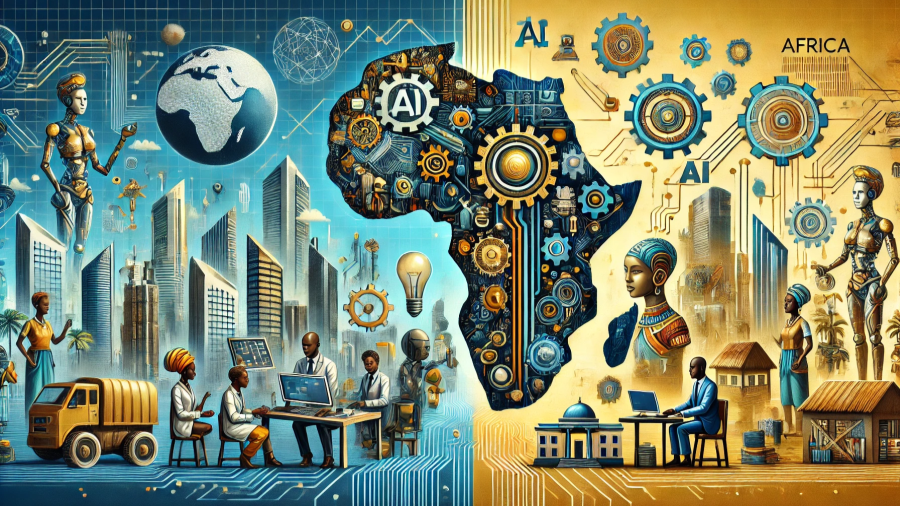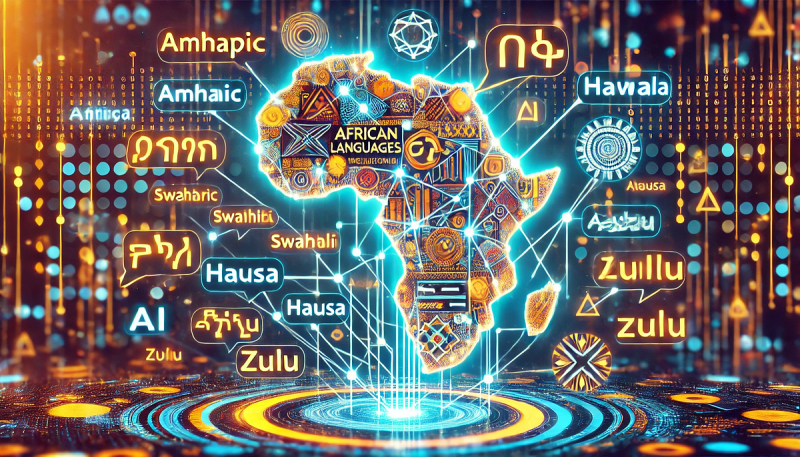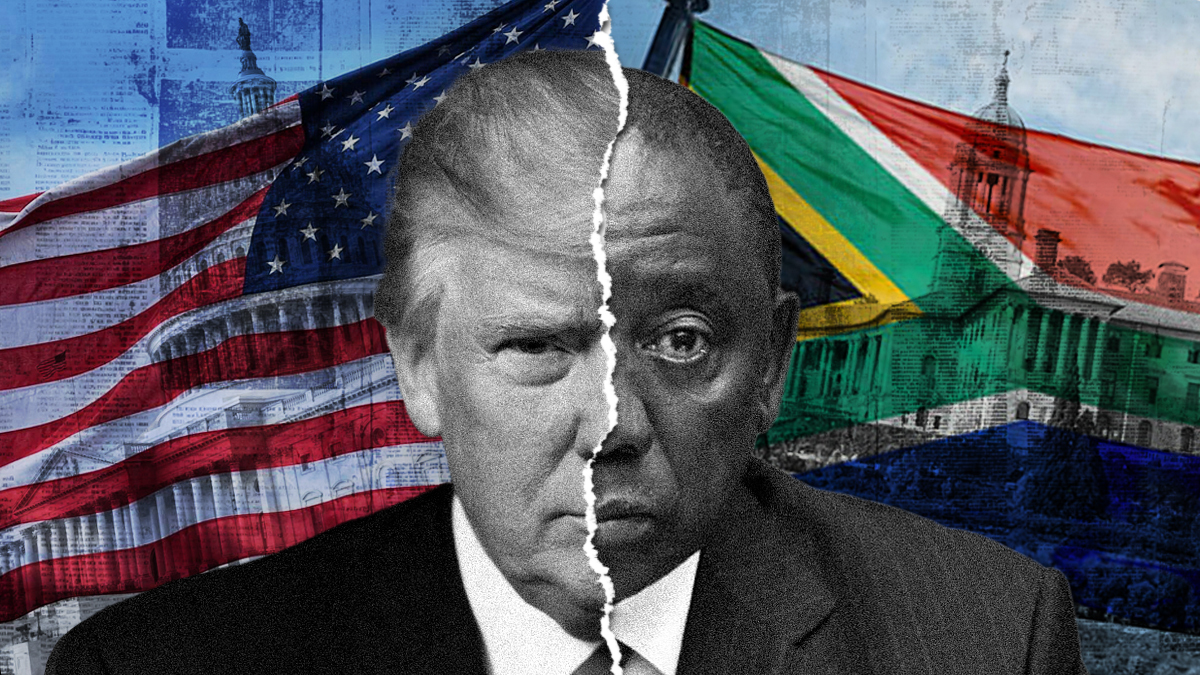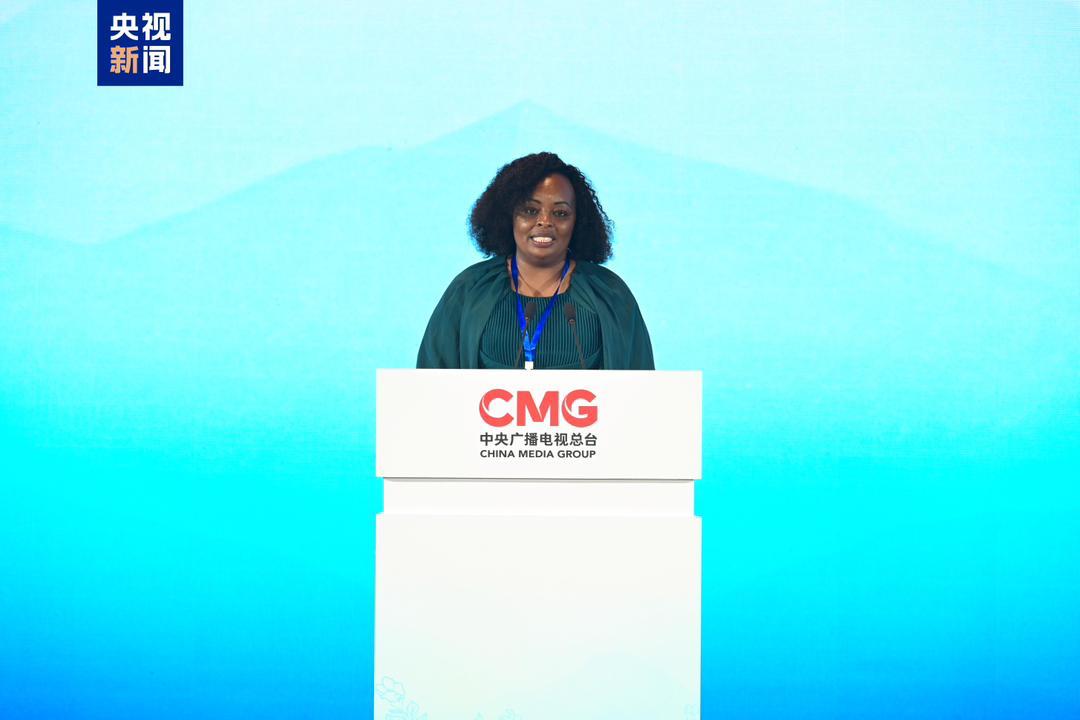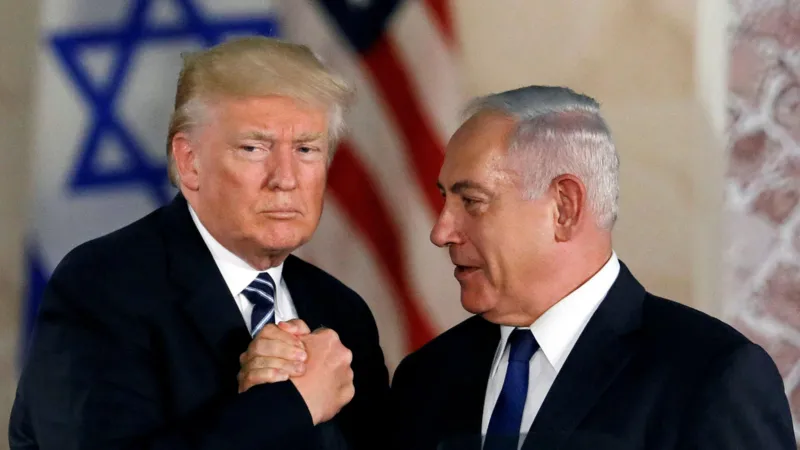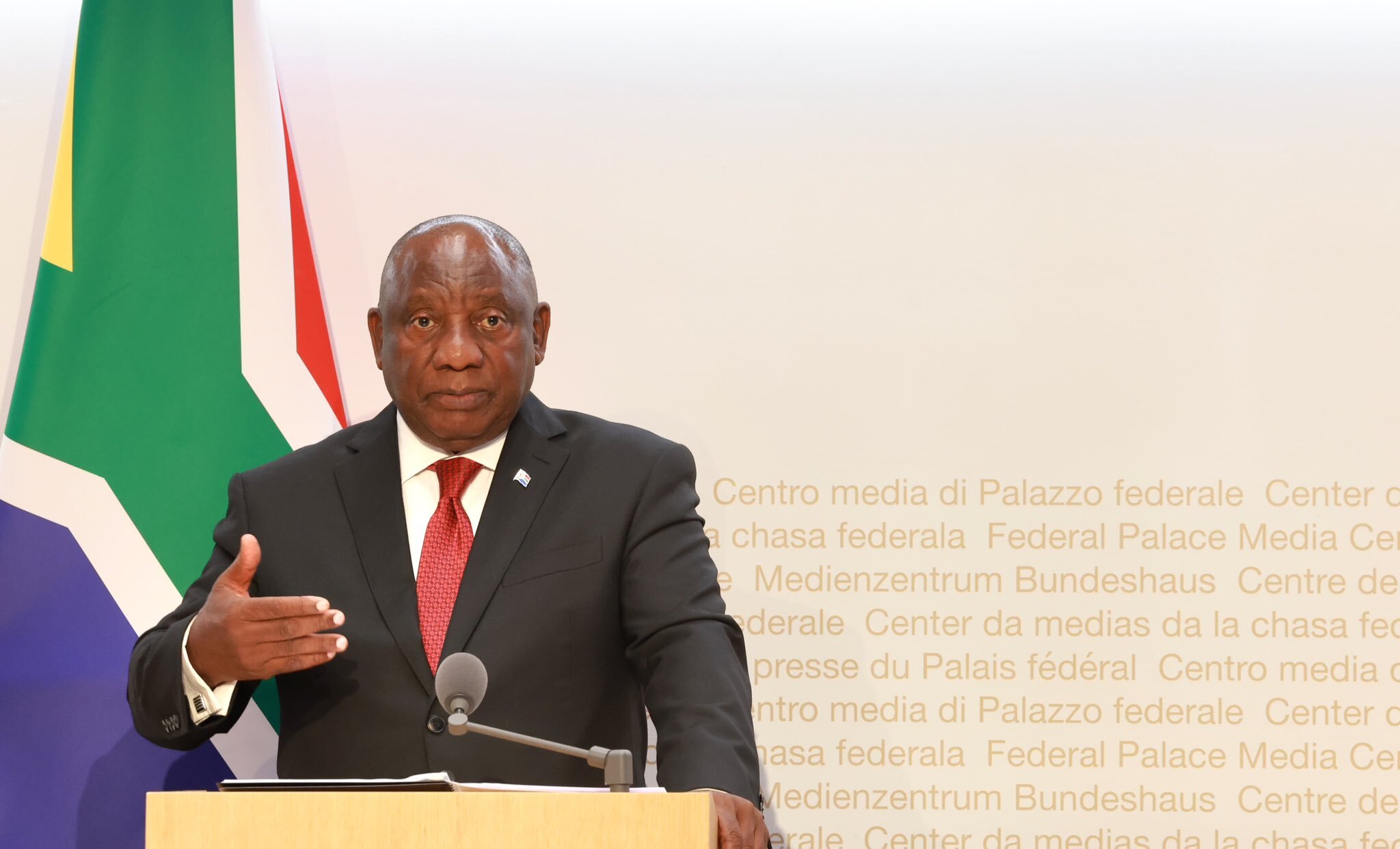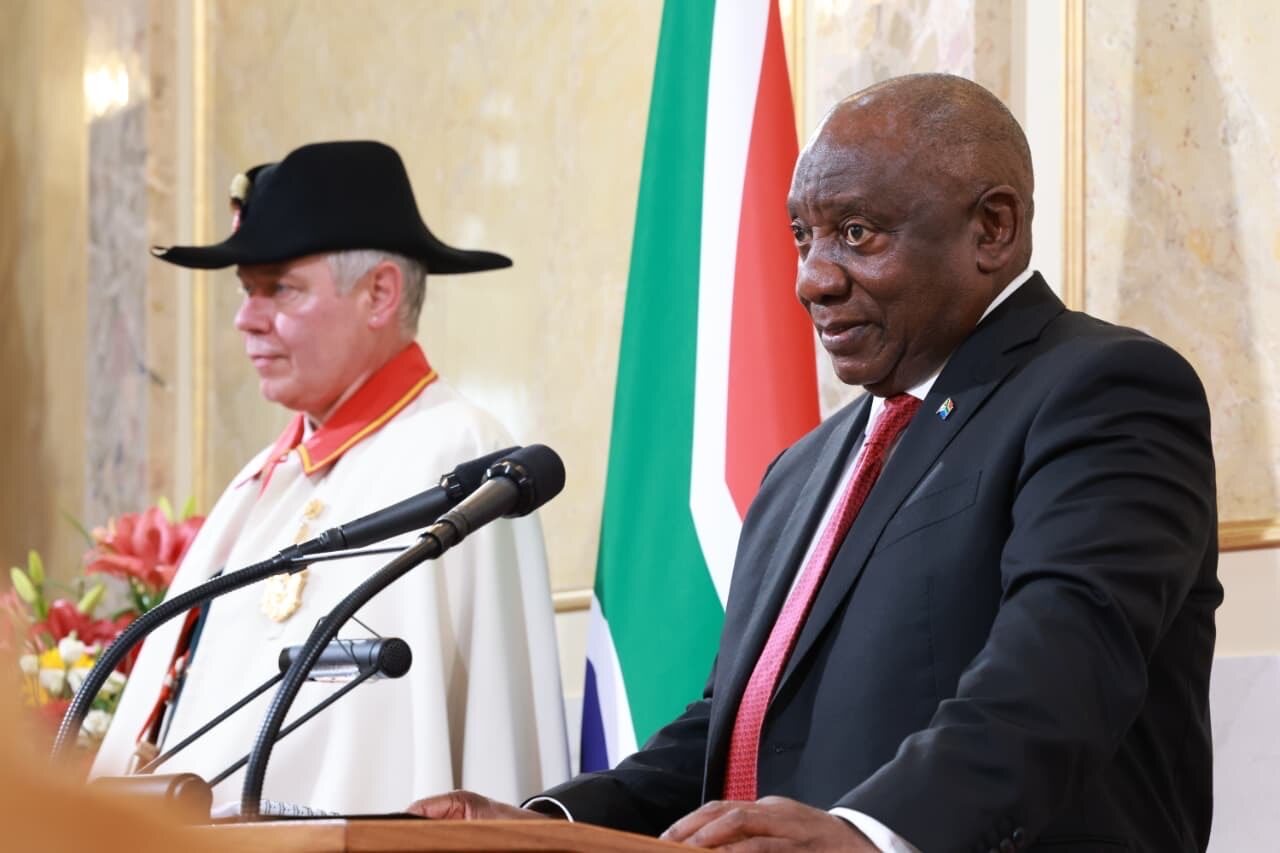Every year, hundreds of African languages move closer to extinction, not because they are forgotten, but because they are systematically erased.
Across our continent, languages that once carried our wisdom, history, humour, and heritages are disappearing. They are being replaced — not by natural evolution, but by a system that rewards foreign tongues and punishes our own. The tragedy is not just that we are losing words, it is that we are losing the knowledge, customs and identity they carry.
Closer to home in South Africa, this erasure is glaring. We have eleven official languages, yet public life is completely dominated by English and Afrikaans. Walk into corporate offices, courtrooms, universities and beyond, and you will find that success is directly linked to one’s ability to fluently speak in one of these two languages.
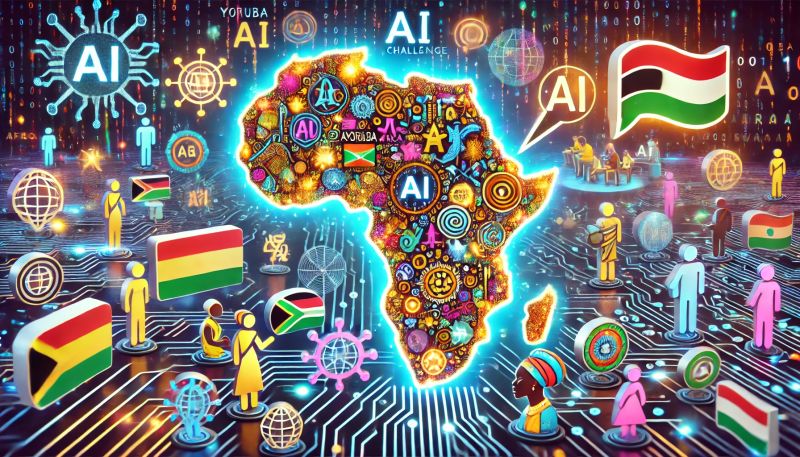
Furthermore, schools in South Africa and across the larger continent have been notorious – for decades now – for punishing children for speaking native languages. Whether isiZulu, isiXhosa, Sepedi, or Setswana, children have been brutally punished for momentarily uttering words in their home languages. Parents also reinforce the message that: English is the language of opportunity, and our languages are reserved for our homes, behind closed doors. But language is not a skill alone — it is an entire worldview, and identity, and a wholly overlooked opportunity.
Under apartheid, Afrikaans was the official language of power – and before then, it was English. All the while, indigenous languages were relegated to the margins, punishable by law and brutally oppressive forces. The language of Afrikaans was intentionally used as a tool of oppression. In fact, the 1976 Student Uprisings/Soweto Massacre was triggered by the apartheid regime forcing all students in the nation to learn in Afrikaans — a language that symbolised foreign domination, brutal murders and unshakable oppressions. That rebellion recognised what many still ignore: that language is highly political, and control over language essentially means control over thought.
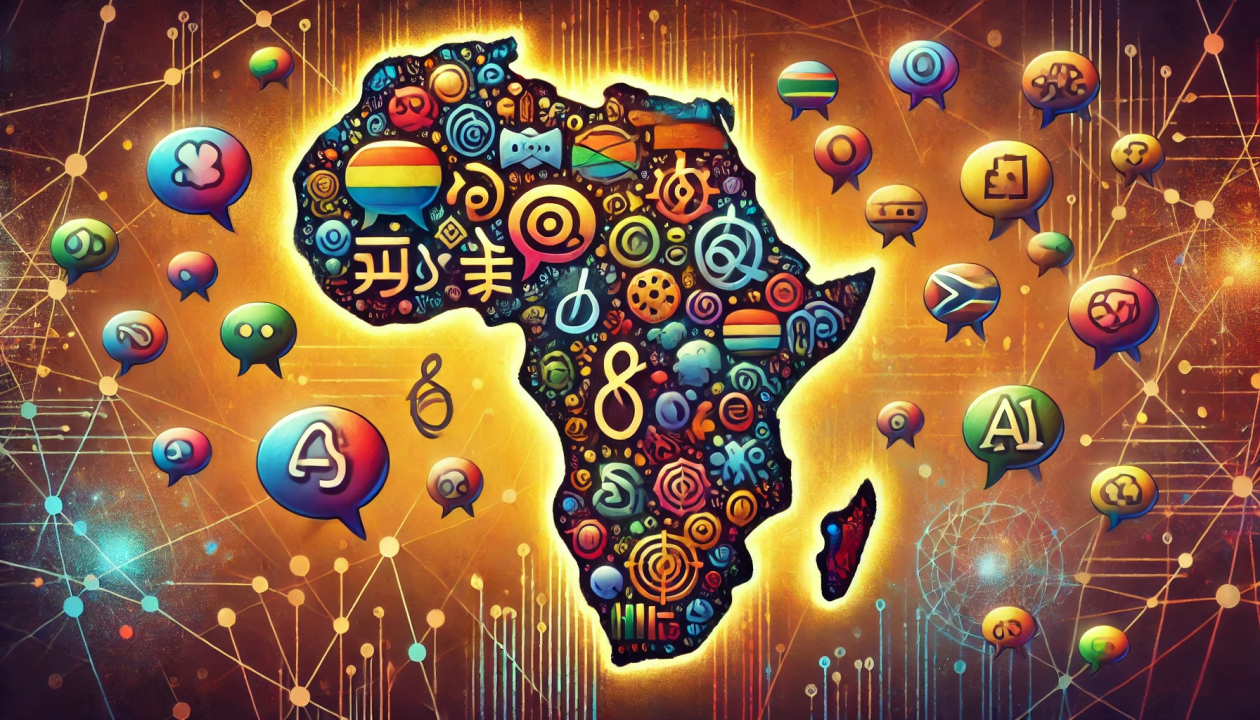
The systematic and docile erasure of our languages is certainly not accidental.
Today, over three decades since the end of the heinous apartheid regime, English has simply replaced Afrikaans as the dominant gatekeeper. Across the nation, policies claim to promote multilingualism, but institutions reward assimilation. A child fluent in isiZulu – but not English – is still treated as incompetent, disadvantaged and ineffectual. We claim to have progressed, but there has simply been a shift in dominance and control.
Contrast this with Ghana, which has very-recently taken decisive steps to reverse this despicable trend. Ghana has introduced its native languages as mediums of instruction in early education. Children are taught to read and learn science, maths, and social studies in their mother tongue before transitioning to English.
This is not merely symbolic; it is structurally reinforcing one’s native languages. It recognises that education works best when children learn in the language they understand, and that local languages are fully capable of conveying complex knowledge.
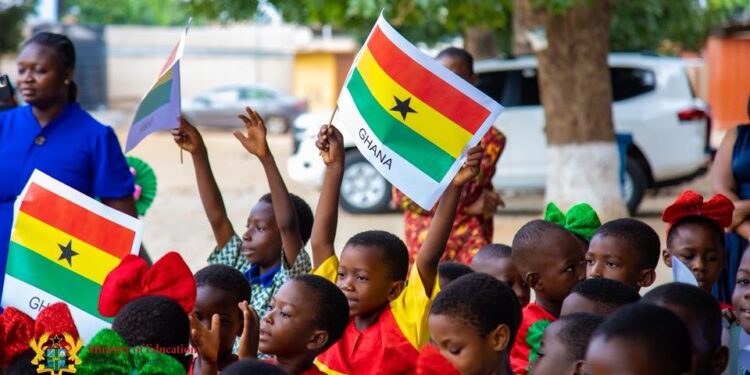
In fact, this argument has been made repeatedly in SA, but what is ignored is the simple truth: that children will always advance further when they fully understand the languages they are taught in. It is an incredible injustice to have children beginning their foundational schooling years by learning a plethora of new subjects in a largely foreign language. Even as adults, in any industry, you are expected to be fluent in a medium language before undertaking any education in that particular tongue. So essentially, by valuing its native tongues, Ghana is actively preserving its own culture — all while producing a new generation of students who are confident, capable, and rooted in their own identity.
South Africa could learn so much from Ghana. If we allowed our children to learn in isiZulu, Sesotho, or Tshivenda, we could improve comprehension, engagement, and retention in schools by a long-shot. Beyond education, it would signal that African languages matter — not just as heritage, but as tools for intellectual growth, economic participation, and active citizen engagement.
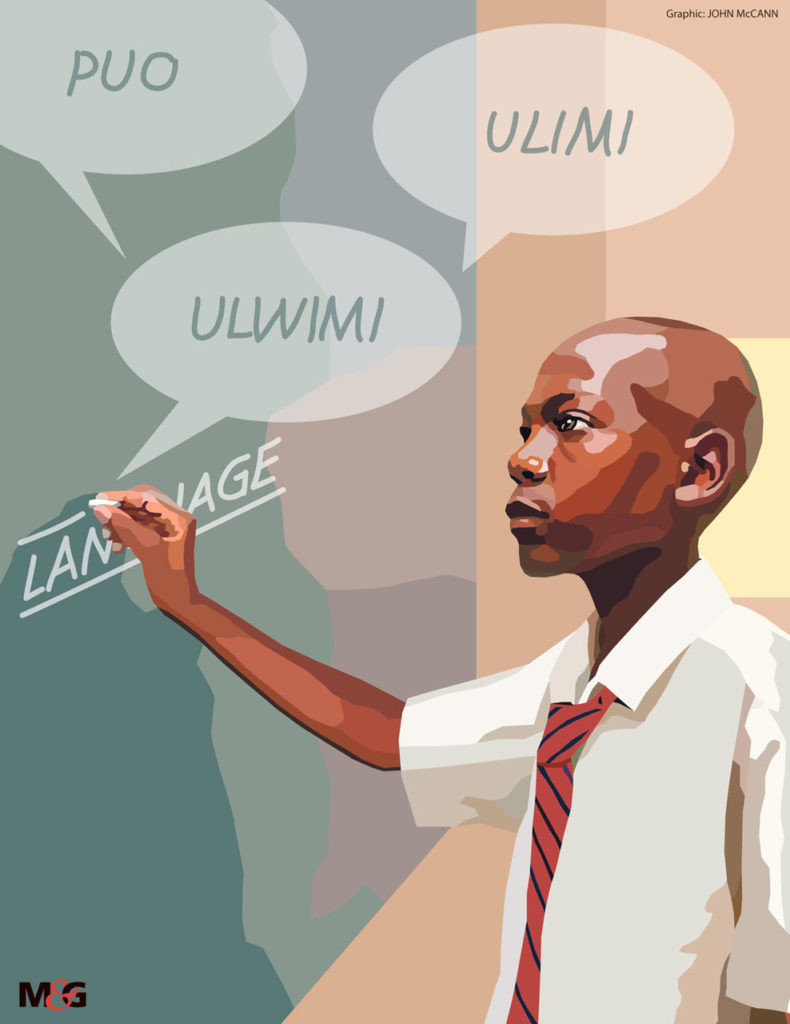
Globally, nations that prioritise their own languages demonstrate that linguistic pride is highly compatible with development. China conducts science and diplomacy in Mandarin. Russia fully operates in Russian. India maintains Hindi and regional languages at the core of governance and media. Egypt keeps Arabic at the heart of its national life. Even small countries like Eritrea preserve Tigrinya and Tigre in schools, government, and commerce. None of these nations needed to abandon their languages to modernise. Why must South Africa?
The domination of foreign languages is more than a cultural issue. Ngũgĩ wa Thiong’o has warned that languages carry culture, and erasing a language erases the ability to think independently. He said, “If you know all the languages of the world but not your mother tongue, that is enslavement. But if you know your mother tongue and add all the languages of the world to it, that is empowerment.”
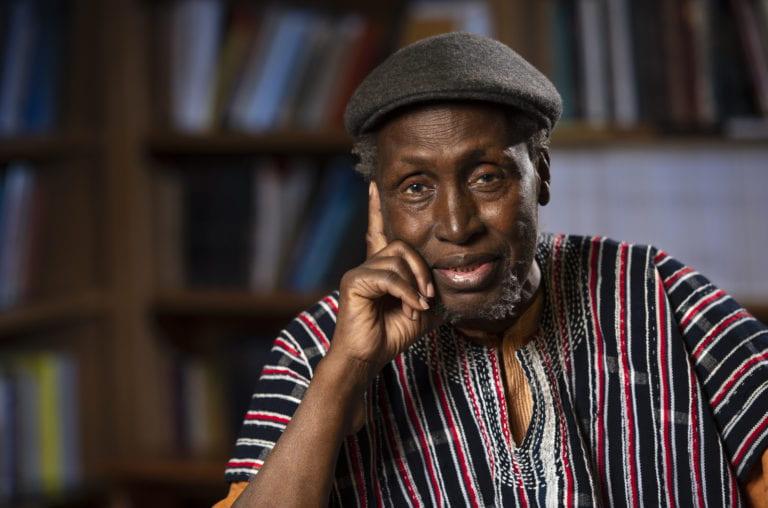
Despite all of these extensive discourses on language, our policies continue to punish indigenous languages while prioritising English and Afrikaans, both in education and the workplace. Jobs, media, and government institutions reward foreign fluency and neglect native proficiency. Hence the common condescending adage: “you speak so well.” This creates a hierarchy that shapes opportunity and power across the continent. African children are taught to compete in a system built on languages that were never theirs, while their own languages are undervalued and wholly dismissed.
The consequences go beyond identity. Language is a repository of knowledge. Traditional and indigenous medicine, ecological wisdom, our extensively complex histories, and African philosophies are encoded in words that do not translate easily in foreign languages like English. When languages vanish, so does the knowledge they carry. Africa loses not just words, but their authentic ways of understanding the world.
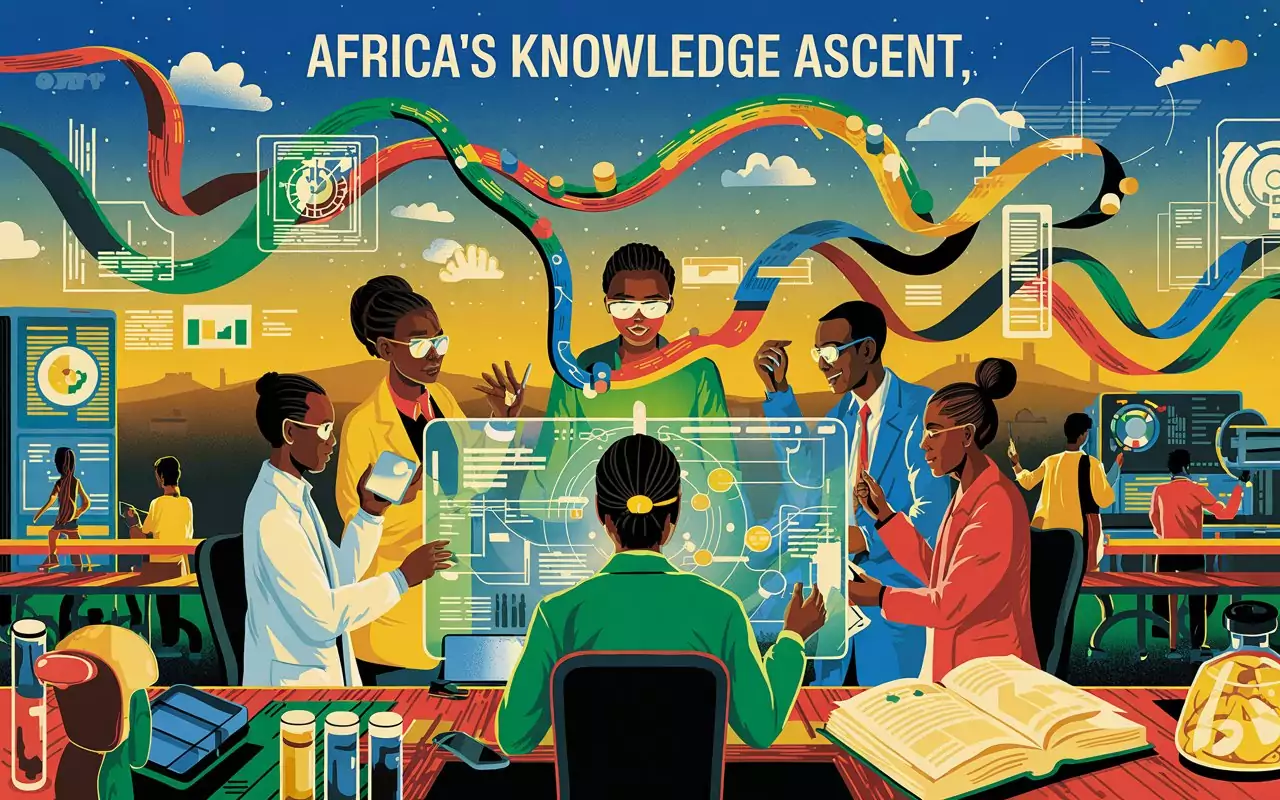
Reviving African languages is not nostalgia. It is a necessity for development, regional cooperation, and intellectual independence. If we could communicate across borders in shared African languages — Swahili, Hausa, Yoruba, isiZulu — we would strengthen trade, research, and diplomacy without relying solely on foreign languages. Ghana’s model demonstrates that this is possible: valuing local languages does not impede education or economic progress; it actually accelerates it.
Africa’s future depends on speaking in its own voice. Language is not only about words; it is about power. The power to define, to learn, to innovate, and to unite. Until our children can learn, think, and build in their own languages, Africa will remain a continent fluent in everything but itself.
